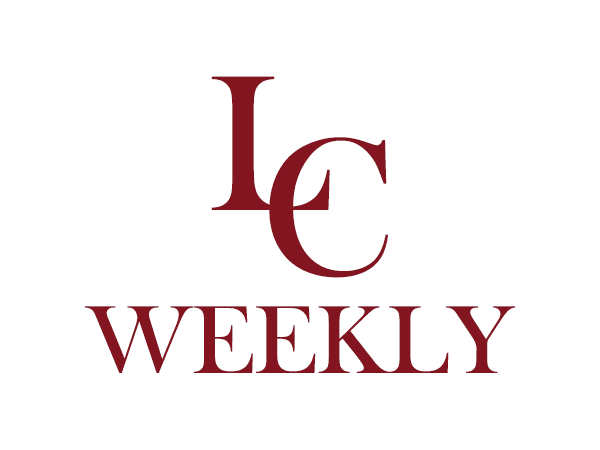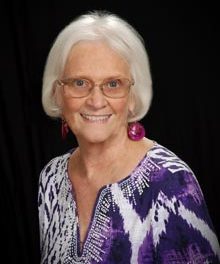|
 Celebrate ‘The History of Beaufort County, Volume III’ A lecture, reception and book signing with Dr. Lawrence Rowland and Dr. Steve Wise |
|
The USCB Center for the Arts will host a lecture, book signing and reception for the third volume of the History of Beaufort County by Lawrence S. Rowland, Ph.D. and Stephen R. Wise, Ph.D. on Sunday, November 8, at 3 pm. Books will be on sale. Tickets are $10, available at www.uscbcenterforthearts or via the box-office at 843-521-4145. The third volume encompasses the remaining 113 years of the five hundred–year chronicle of the legendary South Carolina Sea Islands. Bridging the Sea Islands’ Past and Present, 1893–2006 begins with the devastating Sea Island Hurricane of 1893, one of the worst natural disasters in American history. The storm was followed by a hurricane of violence, political and social revolution, economic chaos, and ideological turmoil that battered twentieth-century Beaufort and the world. Paradoxically the twentieth century was also an epoch of nearly unbroken scientific and medical progress, technological innovation, cultural experimentation, and the expansion of democratic institutions throughout the world. Modern Beaufort County has been a testing ground for the reunion of North and South in the aftermaths of the Civil War, Great Depression, and the civil rights movement of the 1960s.
The great exodus of African Americans from Beaufort County and post–World War II sunbelt immigration transformed Beaufort County from a majority black population in 1900 to a majority white population in 1960. Perhaps the county’s most representative immigrant experience has been that of retirees and resort-home owners, a phenomenon that began in the late nineteenth century as wealthy Northerners—financiers, industrialists, and industrial farmers—began purchasing former plantations and transformed them into private hunting preserves and innovative farm enterprises. The new Beaufortonians revolutionized lowcountry life and culture as they brought new forms of economic enterprise, social and cultural values, and worldviews different from those that had shaped Beaufort County for centuries. Monumental political events are fully addressed from an insider’s point of view, but, amid all the frontiers, storms, and demographic revolutions, Rowland and Wise have also provided a business history of the American South. Enterprise and entrepreneurship, whether successful or failed, link together all the themes and unite all the actors found in this work. Here readers meet Robert Smalls, Thomas E. Miller, George Waterhouse, Niels Christensen, Thomas Talbird, Tillie O’Dell, Isabella Glen, William Keyserling, Kate Gleason, Harriet Keyserling, Charles Fraser, and Bobby Ginn—active agents of change in politics, business, and culture. Indeed Rowland and Wise have not only chronicled the lives and times of these people but have also been active participants in the stories they tell. Rowland is a Beaufort native with centuries-old Lowcountry lineage. Wise, an Ohio transplant, is a scholar of the Civil War and the local history of his adopted home in Beaufort.
This event is sponsored by the University of South Carolina Beaufort, Parris Island Museum Foundation, and the Beaufort County Historical Society. |
| Â |
Celebrate the History of Beaufort County: Vol. III







